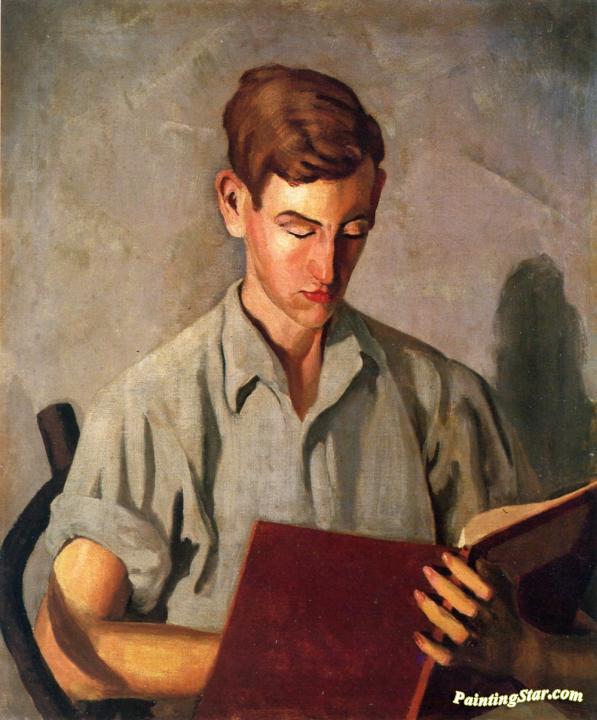Monday
A former student alerted me to a New York Times article about five vandals who were ordered to read various books after defacing a historical black schoolhouse. Since then, the sentence has been repeated for a 14-year-old who threatened a black schoolmate with a noose.
The vandalism involved swastikas and the words “white power” and “black power.” That last detail is confusing until one learns that three of the vandals were minorities.
The idea of books was the brainchild of deputy commonwealth attorney Alejandra Rueda, who included some of the following works as options:
Elie Wiesel, Night
Maya Angelou, I Know Why the Caged Bird Sings
Arthur Miller, The Crucible
Khaled Hosseini, The Kite Runner
Harper Lee, To Kill a Mockingbird
I. C. Boyle, The Tortilla Curtain,
Chinua Achebe, Things Fall Apart
Solomon Northrup, 12 Years a Slave
Marilyn Nelson, A Wreath for Emmitt Till
As few activities arouse empathy as much as immersion in the lives of others, I applaud the sentence. We know how at least one defendant responded because The New York Times got permission to report on his court-ordered essay. The student said that, after reading Night, the swastika meant much more than it had originally:
“I was wrong, it means a lot to people who were affected by them. It reminds them of the worst things, losing family members and friends. Of the pain of torture, psychological and physical. Among that it reminds them how hateful people can be and how the world can be cruel and unfair.”
Now, he wrote, he sees the swastika as a symbol of “oppression” and “white power, that their race is above all else, which is not the case.”…
He wrote that he feels “especially awful” that he made anyone feel bad.
“Everybody should be treated with equality, no matter the race, religion, sex or orientation,” he wrote in his essay. “I will do my best to see to it that I never am this ignorant again.”
The author of a book of poetry, A Wreath for Emmett Till, worried that being made to read poetry would turn kids off of poetry. Setting aside the fact that some kids see poetry as punishment even when it’s assigned by teachers rather than by judges, I really don’t think she needs to worry. Once readers immerse themselves in compelling stories, anything can happen.
Kite Runner author Hosseini imagined what a reader who chose his novel might have taken away:
“Engaging with characters that differ from us in race, religion or culture, helps us feel our immutable connections as a species,” Mr. Hosseini said. “Books allow us to see ourselves in another. They transform us. I hope reading The Kite Runner was a small step along that transformation for this young man.”
There may be times when other punishments are called for, but one would have difficulty arriving at such insights in a juvenile detention center.
